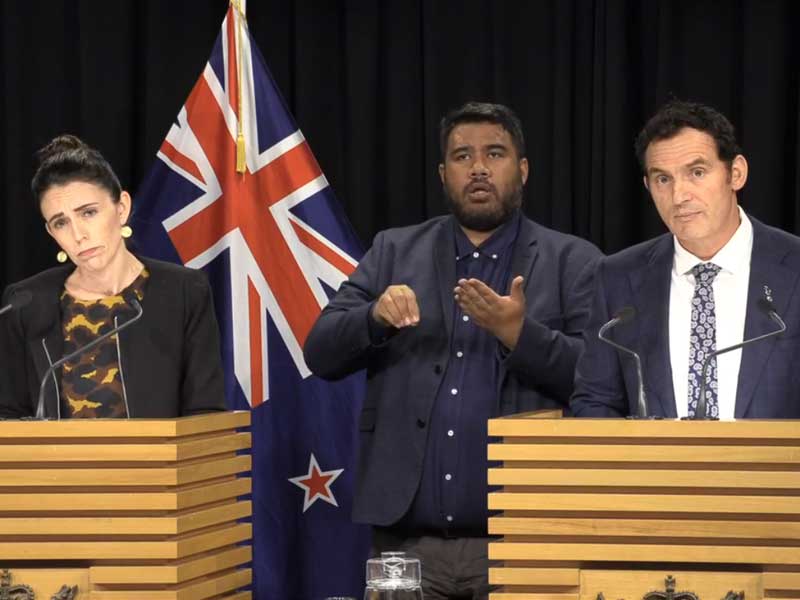Firearms Prohibition Orders: government considers tough new gun law
3 min read
Prime minister Jacinda Ardern along with minister of police Stuart Nash recently announced that the Cabinet has agreed to seek public feedback on a plan to further strengthen gun laws to improve public safety.
This will be through the introduction of Firearms Prohibition Orders (FPO) “to keep guns out of the hands of those who are criminal offenders.”
The prime minster added that the number of guns stolen in burglaries has increased significantly in the past decade. In 2010, 445 firearms were stolen compared to the 771 last year. In the past 15 months, almost 1050 firearms were stolen.
Nash said the proposal to bring in FPOs would give police more power “to ensure high-risk individuals come nowhere near firearms.”
Following the ban on semi-automatics after the 15 March incident, a second raft of gun reforms saw changes such as creating a register and tightening up the licensing system.
“The latest proposal for FPOs goes even further. It is aimed at high-risk people outside the licensing system, in particular, those with a history of violent offending, gun crimes or family harm,” Nash said.
“FPOs would prevent people from being around others who have firearms, using them under supervision, or being at a location that enables access to guns.
“FPOs set conditions, which people must follow, allow police to monitor the conditions, and create penalties for breaches.”
NEW POWERS TO POLICE
For police, it could mean additional powers to search properties and to “investigate people whose behaviour cannot be regulated by a firearms licensing system.”
Nash added, “Police could search properties and confiscate illegal firearms, parts and ammunition, and could monitor conditions placed on people with a history of offending.
“FPOs are aimed at those who have already shown a disregard for the law through prior offending, which may include offending with firearms. They could be a gang member, or part of an extremist ideological group, or a person with a history of family harm.”
In practice, this would mean that a person subject to an FPO could not be in place where guns are held or stored.
“They could not be in a vehicle which is carrying a firearm. They could not go hunting even under supervision. They could still associate with lawful gun owners, but not if a firearm is present,” Nash added.
A “deliberately broad” discussion document has been released and the government is asking input from the public to help shape the rules.
In 2014, the previous government did consider FPOs but it failed to make any progress, and in early 2017, a Select Committee also recommended changes.
“We have made a lot of changes to our firearms laws this year, all with the same intent – to protect our communities from the harm that firearms can inflict in the wrong hands,” Nash said.
More information on the public consultation can be found here.
This article was last updated on 28 November 2019
Do you love Facebook as much as we do? Follow us! And stay up to date with the latest news and happenings in fishing and hunting in New Zealand.



